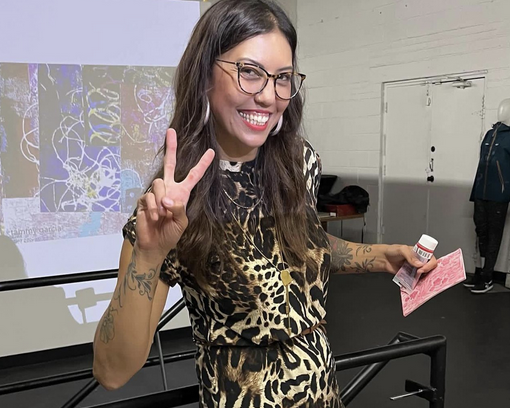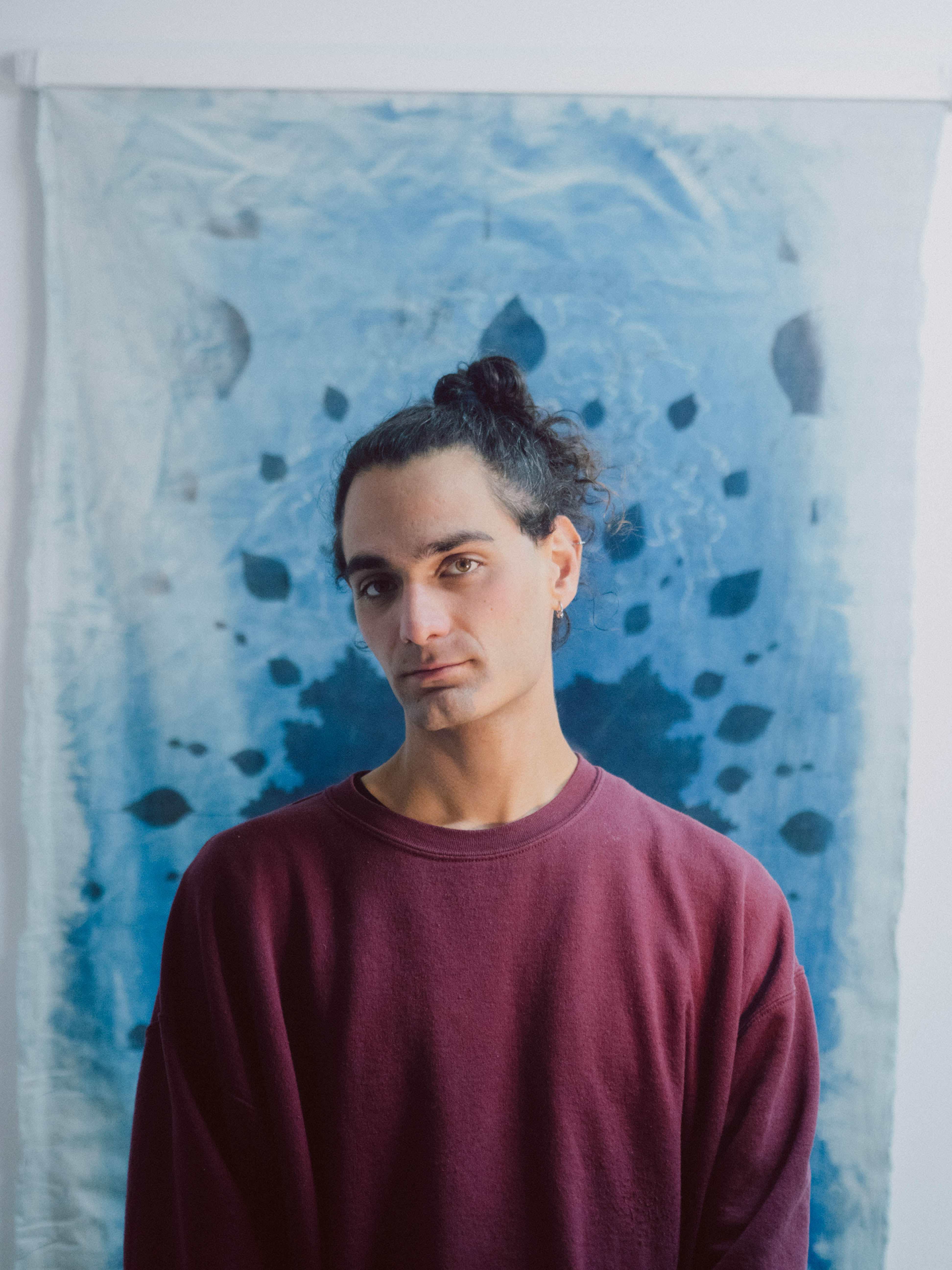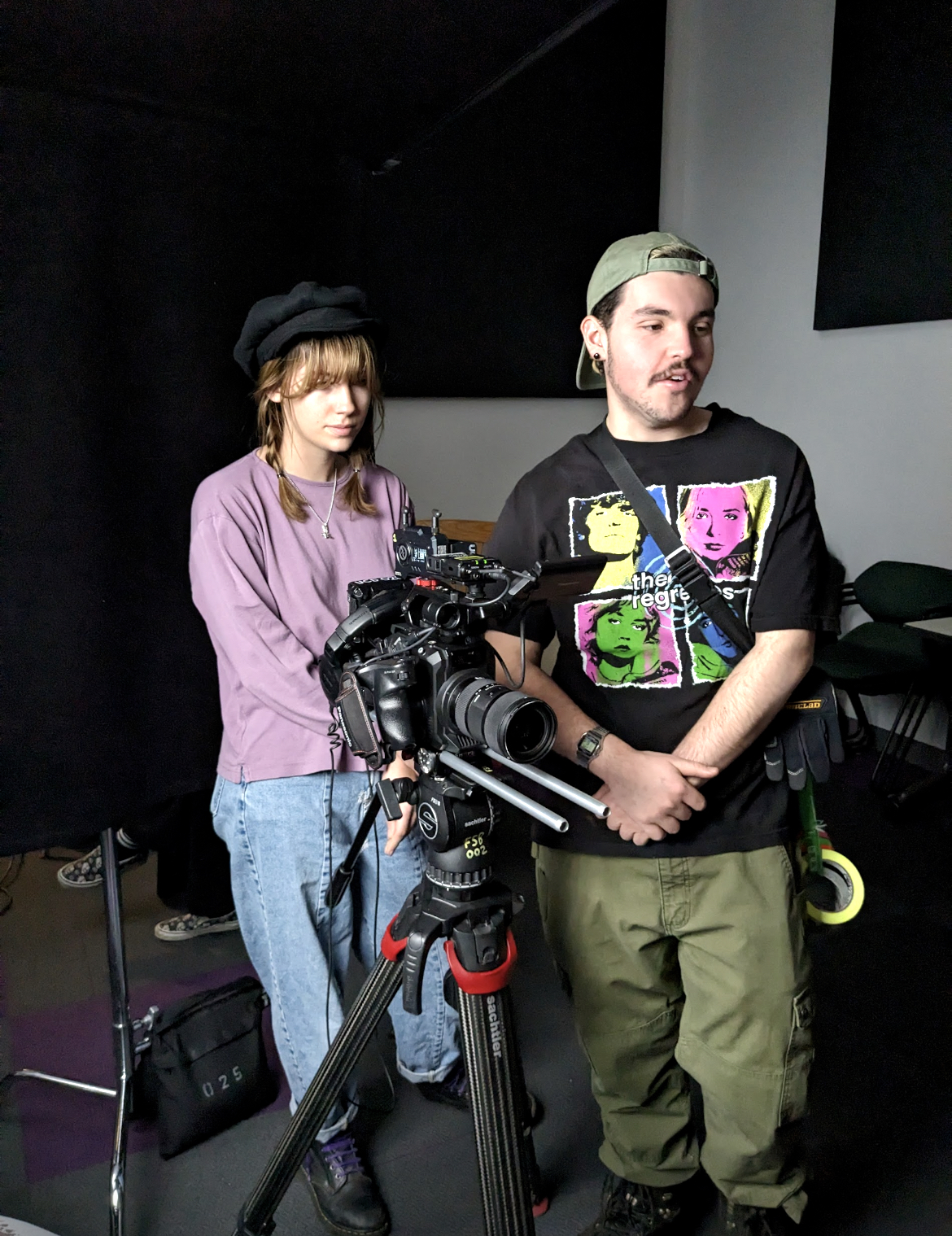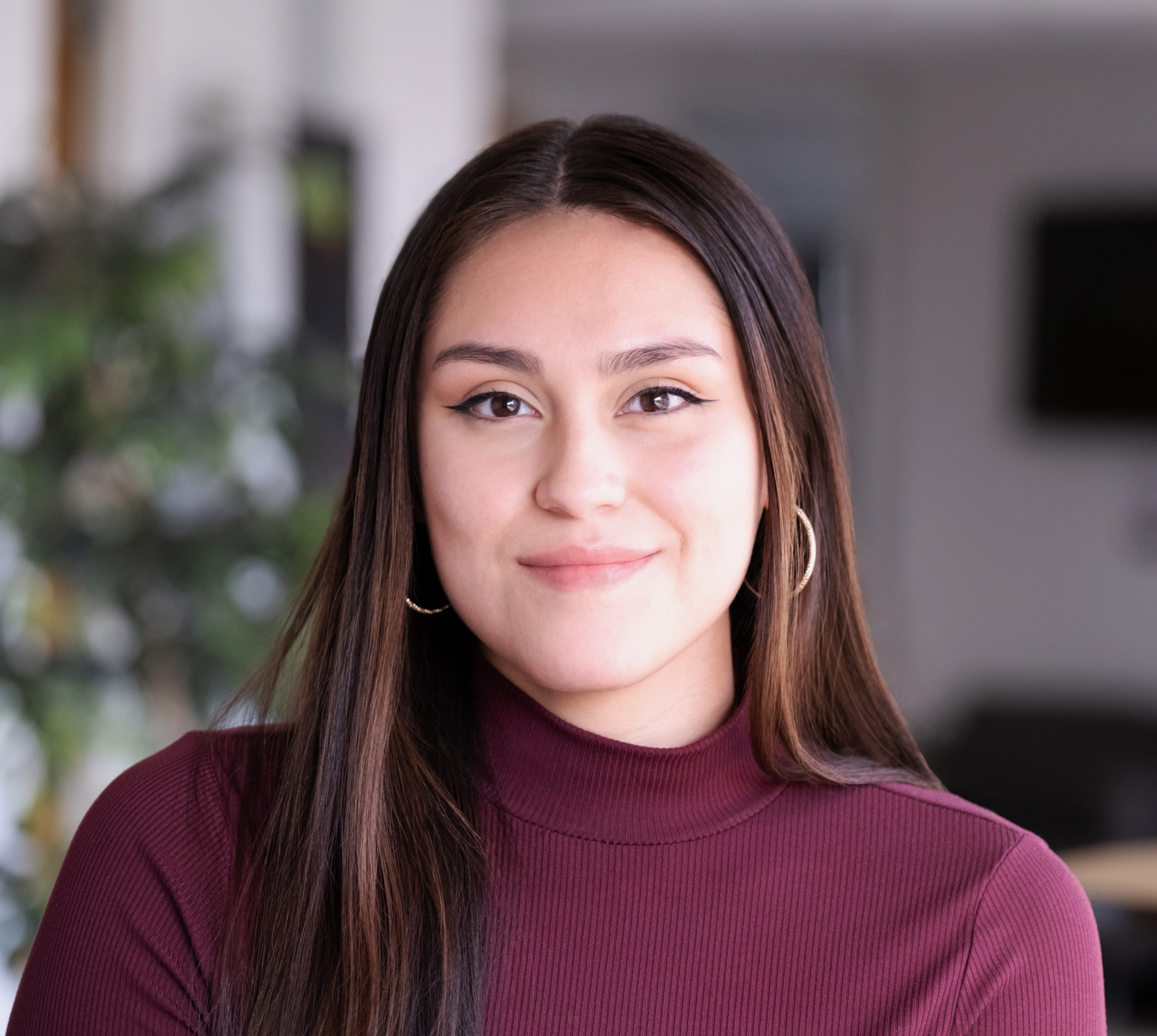Get to Know Gretchel Lomboy
Gretchel Lomboy MSMF '18, works for the Seattle Police Department and serves as the Vice Chair of the Audio Engineering Society Technical Committee on Audio Forensics.
Oct 16, 2023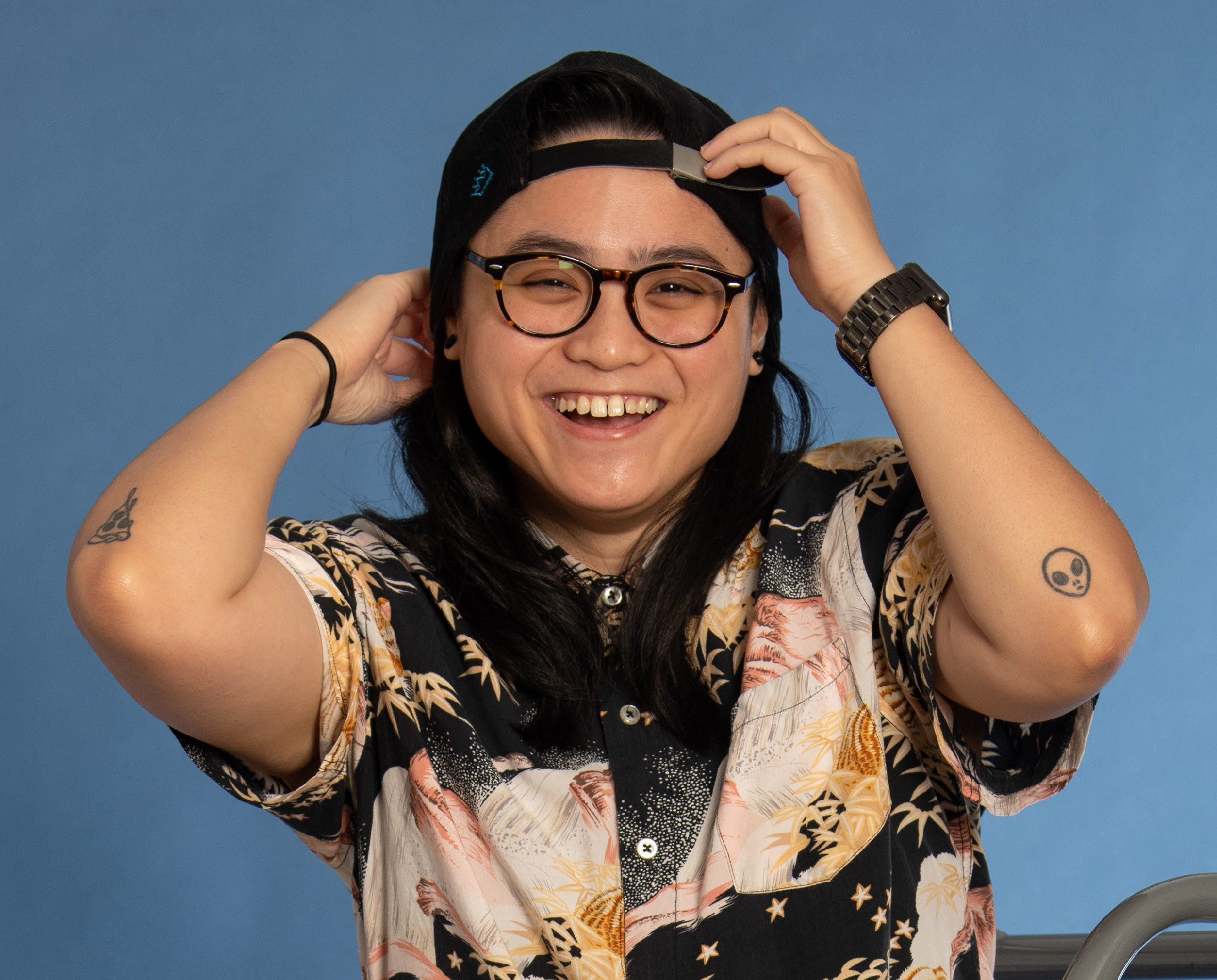
Gretchel Lomboy is the Video Specialist II for the Seattle Police Department, where she is the subject matter expert on audio forensics. In a typical day, Lomboy's position has her handling digital multimedia evidence from start to finish, which can include recovering digital media from the source, converting proprietary file formats, analyzing corrupted files, enhancing video and audio files for clarity, authenticating media files, and preparing digital evidence for court. Lomboy also serves as the Vice Chair of the Audio Engineering Society Technical Committee on Audio Forensics and has presented at multiple international conferences of the American Academy of Forensic Sciences. Originally from Seattle, Lomboy lived in Los Angeles for 5 years and studied in Denver before returning to her hometown. Earning a Master of Science in Media Forensics at CU Denver’s National Center for Media Forensics (NCMF) prepared Lomboy for her current position. Drawn to CU Denver thanks to Prof. Catalin Grigoras, the director of NCMF, Lomboy completed her graduate degree in 2018. “What I appreciate about the NCMF is that at its core, it is an educational program taught by some of the most well researched and highly respected people within the field of digital multimedia forensics,” she explains. When she is not working, Lomboy enjoys dancing, skateboarding, reading books, and having “insane” movie marathons with her partner, Megan.
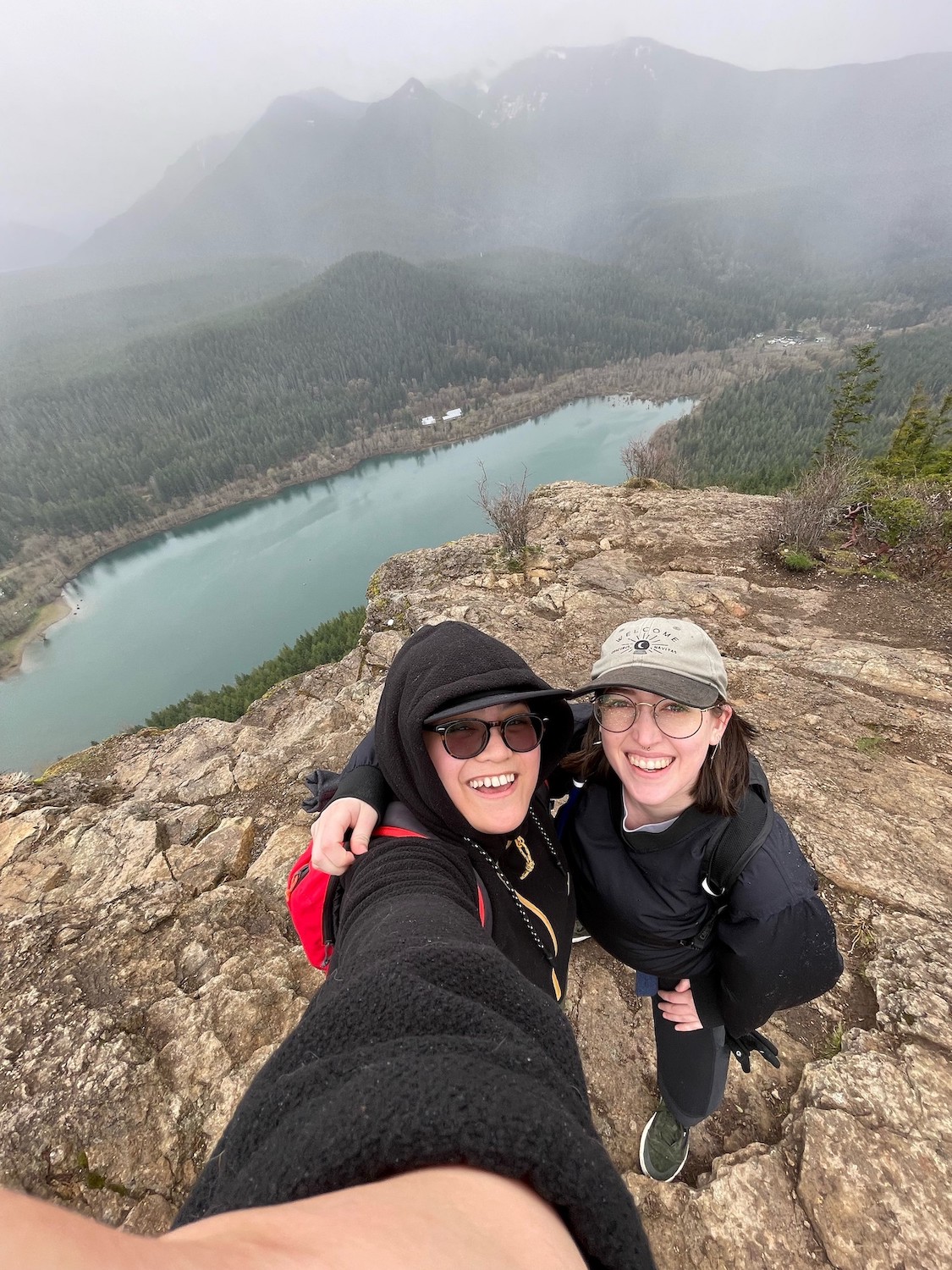
-
What drew you to multimedia forensics? Did you know you would end up in law enforcement?
I never expected to end up in the field that I am in today, though how I ended up here was a very happy accident. I studied recording arts (music production/audio engineering) during my undergraduate years (I attended Loyola Marymount University under the School of Film & Television). By my Senior Year at LMU, I already had studio experience and was employed by a local radio station, but I knew that I desired to do something more than what I was already doing. I was attending an Audio Engineering Society conference in New York and met Dr. Catalin Grigoras, who was advertising the NCMF program—specifically Audio Forensics. Catalin informed me that it was a graduate program, and they were looking for students who already had a background in audio. Growing up, I was always consuming media around detective work and problem solving (reading Nancy Drew & Hardy Boy books, religiously watching CSI and Law & Order, etc.). It was that moment that I discovered a completely new career field that I did not know existed, but that I knew was perfect for me—combining my passions and skills into one. I never expected to be in Law Enforcement, but I had inferred that this type of high-level digital forensics would most likely be applied through police agencies and government work.
-
Do you consider yourself artistically inclined? What kind of art do you gravitate toward?
I probably consume way more art than I create, but I love to dance and I consider dancing to be a very large passion of mine. It is also probably no surprise that I love music. I tend to gravitate towards well-crafted stories—the neat thing about that is that there are stories in literally any and all types of art, whether it be in performing arts, sculpture, painting, photography, film, television… the list goes on! I do consider myself to be artistically inclined and I am a huge supporter of the creative world around us.
-
How has the NCMF enhanced your career?
Because the field of Digital Multimedia Forensics is still so new (in relation to the other types of forensic fields such as DNA, fingerprints, etc.), I believe that the MS in Media Forensics has provided me with a leg up above many of the practitioners in the field today. It sort of feels like I’m stepping forward with a large stamp of approval like “hey, you can be assured that I know what I’m talking about… I’ve studied this for years and I have a degree.” Having the MS as a part of my background bolstered my resume back when I applied for the position that I hold currently—it made up for the lack of real-world experience at the time of the start of my career. I always make a point to try to attend at the very least one NCMF continuing training course each year, and usually my employer approves. It is so important for me because technology is evolving daily, and NCMF continues to keep up with the times and each course is updated accordingly. I am always learning new things from these courses and in turn, it allows me to keep my skills not only current, but also relevant.
The NCMF is openly willing to inform and educate anyone regardless of if they have any previous experience with the subject—you just have to be willing to learn. The NCMF has become a second family to me and although it is associated with some of the top leading professionals in the field, it never feels “gatekeeper-y". There will always be a passion present there to teach and spread information.
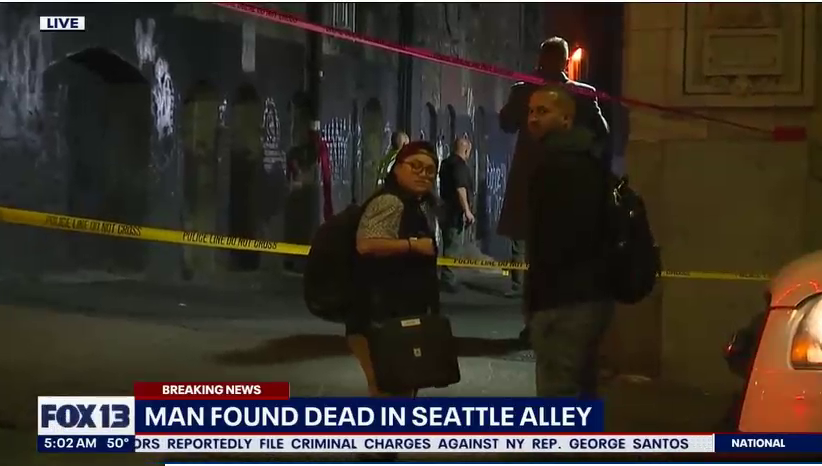
-
Can you describe the field of multimedia forensics? Does it attract a diverse demographic or have you found it to be more homogenous?
The field of multimedia forensics is a lot more homogenous than I would like. So far, I am the only person who looks like me that I know of in the field (young, woman, person of color). There are definitely a lot of older gentlemen in this field currently. I think that if it were not for the NCMF’s support for me in the start of my career, it would have been very difficult for me to feel comfortable stepping into the same realm that is occupied by some of the leading experts. I have my professors Catalin Grigoras and Jeff Smith (two of the major players in this field) to thank for introducing me to the crowd and for showing their support to back my research to help me get my foot in the door of this world. I also believe that the connections and support between myself and some of my cohorts have also helped with my initiation into this field.
Advice that I would give to people considering studying multimedia forensics would be to come into it with a desire and openness to learn—be curious and ask questions. Don’t shy away from opportunities even though you might feel unqualified…as long as you always keep an open mind and know that you will always have something to learn, you’ll do great. -
When you think about the future of multimedia forensics, what possibilities excite you? What makes you nervous?
The future of multimedia forensics is very vast and expansive. It’s so crazy because it deals directly with the capabilities of current technology. And since the future of technology is almost limitless, that means that the future of multimedia forensics will have to adapt to the future of technology, also making this future very unknown, and that unknown can be very exciting. Though I am nervous about the continuing development of Artificial Intelligence and the commodification of deepfake generators…
